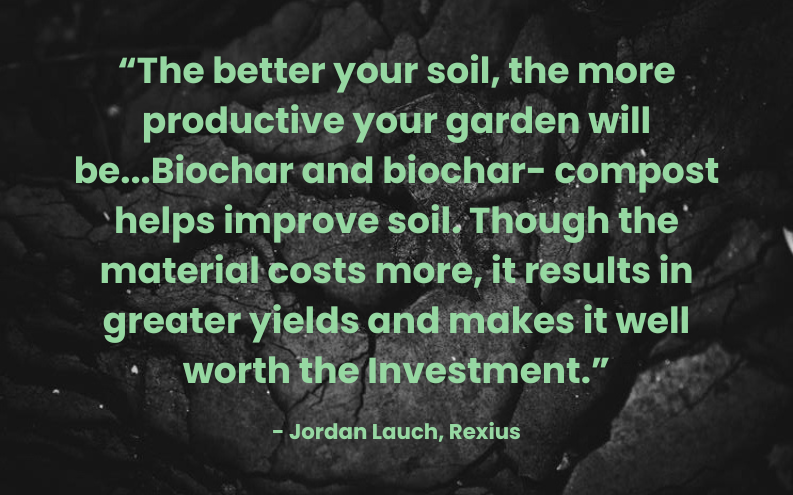08 Dec, 2024
Case Study: Rexius Compost and Soil Producer
Posted at 18:53h
in Agribusiness Biochar: Research & Case Studies
Case Study: Rexius Compost and Soil Producer
Soil nutrient values optimized with biochar + compost
Rexius started out by creating two compost windrows, one with biochar and one without. In the windrow with 5% biochar by volume added, the compost-biochar had more moisture, nitrates and other nutrients than the pile without biochar. Overall, the quality was better in the biochar windrow.
Results:
Since starting to use biochar in the composting process, Rexius has discovered the following:
- Continued to record higher nutrient values in their biochar + compost than compost without biochar.
- Higher beneficial plant bacteria and microbes compared to compost without biochar.
- Both the higher nutrients and more beneficial microbes create a higher value soil product that commands a better price for their home gardening potting and garden soils product lines.
- Biochar has seen to also help stabilize the soil whereas compost alone can degrade relatively quickly.
Source: USBI Report https://biochar-us.org/fact-sheet-biochar-compost


